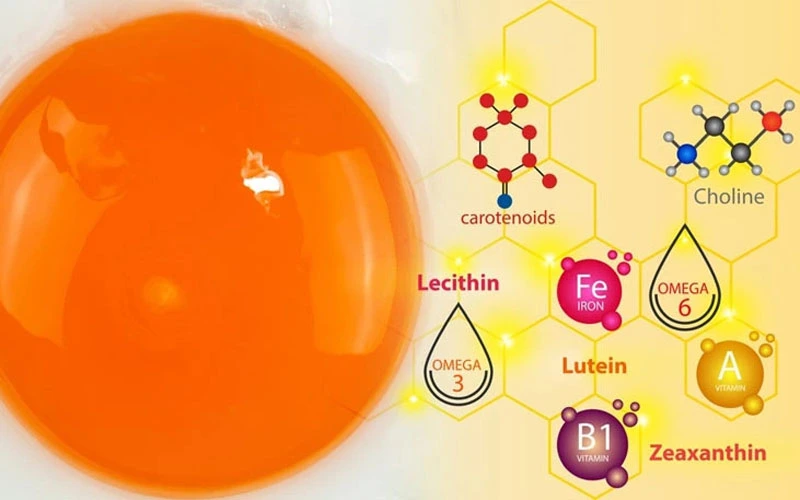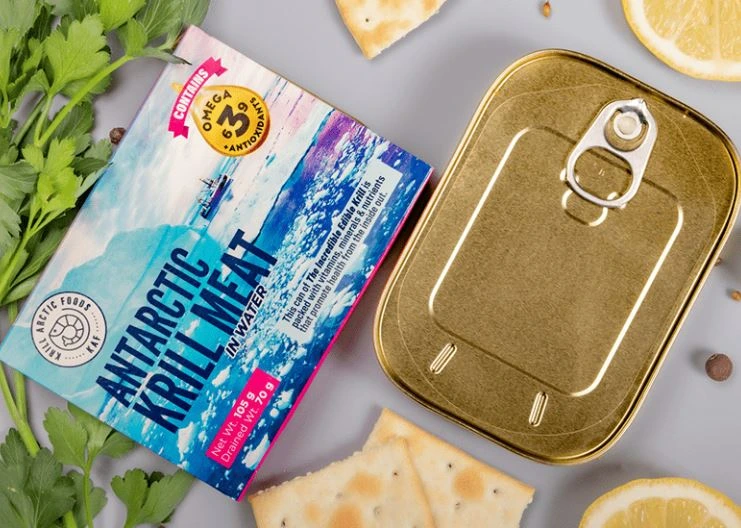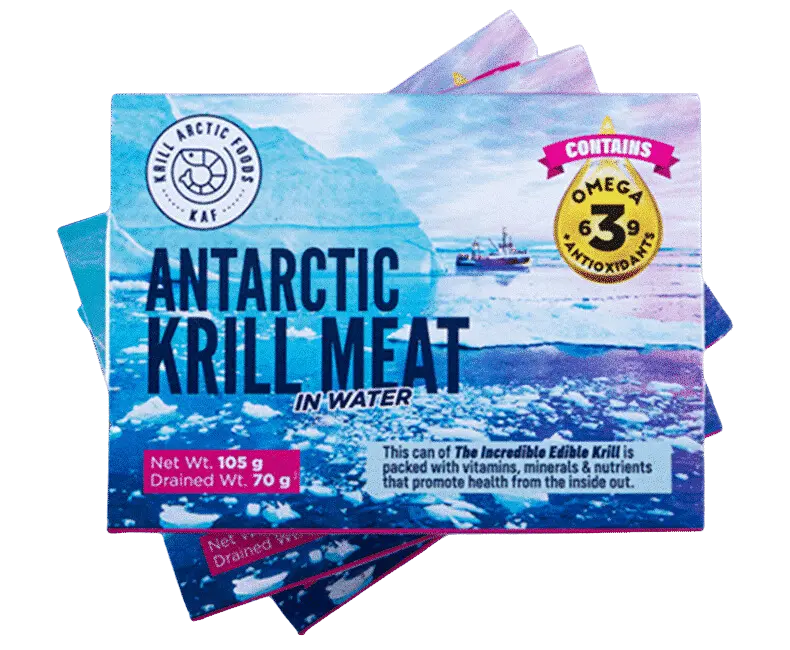- Home /
- Krill Oil for Cholesterol Management: What You Need to Know

Posted On:February 5th, 2024
Krill Oil for Cholesterol Management: What You Need to Know
Maintaining healthy cholesterol levels is critical for overall health and well-being, as elevated cholesterol levels can damage the heart and lead to cardiovascular complications. While making dietary changes and adopting a healthy lifestyle are the most commonly prescribed methods for controlling cholesterol levels, there is a growing interest in the potential benefits of krill oil as a natural supplement.
Krill oil is derived from the tiny crustaceans that inhabit the cold waters of the Antarctic and is believed to offer a range of health benefits, including improving cholesterol levels. In this article, I will delve into what krill oil is, how it may impact cholesterol levels, and whether it could be a promising option for those seeking to improve their cardiovascular health.
Types Of Cholesterol
Before delving into the specifics of krill oil, it’s essential to have a basic understanding of cholesterol. Cholesterol is a fatty substance found in the cells of your body and the foods you eat. It plays a crucial role in various bodily functions, including forming cell membranes and synthesizing hormones. However, not all cholesterol is created equal. There are two primary types:
- Low-Density Lipoprotein (LDL): Often referred to as “bad” cholesterol, high LDL cholesterol levels can contribute to plaque build-up in your arteries, increasing the risk of heart disease.
- High-Density Lipoprotein (HDL): Known as “good” cholesterol, HDL helps remove excess cholesterol from the bloodstream, reducing the risk of heart disease.
Maintaining a healthy balance between these two types of cholesterol is vital for cardiovascular health. Elevated LDL cholesterol levels are a significant risk factor for heart disease, while higher HDL levels are associated with a lower risk.
Krill Oil
Krill oil is derived from tiny, shrimp-like crustaceans known as Antarctic krill (Euphausia superba). These small marine creatures contain omega-3 fatty acids, particularly eicosapentaenoic acid (EPA) and docosahexaenoic acid (DHA). Omega-3 fatty acids are well-known for their potential cardiovascular benefits.
What Sets Krill Oil Apart From Other Sources Of Omega-3s?
One thing that makes krill oil different from other sources of omega-3s, such as fish oil, is its unique composition:
- Phospholipid-Bound Omega-3s: In krill oil, the omega-3 fatty acids are bound to phospholipids, easily absorbed by the body. A daily dosage of 1 to 3 grams of krill oil proved more efficient in reducing total cholesterol and triglyceride levels than an equivalent dose of standard fish oil.
- Astaxanthin: Krill oil contains a powerful antioxidant called astaxanthin, which helps protect the fragile omega-3 fatty acids from oxidation. This natural antioxidant may contribute to the stability and effectiveness of krill oil.
Potential Benefits Of Krill Oil For Cholesterol
Several studies and research reviews have explored the impact of krill oil on cholesterol levels and overall cardiovascular health. While the results are promising, it’s essential to note that individual responses can vary. Here are some potential benefits of krill oil for cholesterol management:
Reducing LDL Cholesterol
Krill oil may help lower LDL cholesterol levels due to its omega-3 content. Omega-3 fatty acids can reduce the production of LDL cholesterol in the liver and promote its removal from the bloodstream. In addition to promoting a healthy heart, the consumption of omega-3 fatty acids found in krill oil is known to provide significant benefits for the well-being of our brain.
Increasing HDL Cholesterol
Some studies suggest that krill oil may also increase HDL cholesterol levels, potentially enhancing the overall cholesterol profile. A healthier balance between LDL and HDL cholesterol is associated with reduced cardiovascular risk.
Lowering Triglycerides
Elevated triglyceride levels are another risk factor for heart disease. Krill oil helps reduce triglyceride levels in individuals, improving cardiovascular health.
Anti-Inflammatory Effects
Chronic inflammation plays a significant role in the development of cardiovascular disease. Omega-3 fatty acids in krill oil have anti-inflammatory properties that may help protect against heart disease and reduce the signs of high cholesterol on the face.
Improved Blood Vessel Function
Some research suggests that krill oil can improve endothelial function, essential for healthy blood vessel walls. Enhanced endothelial function can help maintain proper blood flow and reduce the risk of atherosclerosis.
Enhanced Blood Lipid Profile
Krill oil has positively affected various lipid markers, including total cholesterol, LDL cholesterol, and triglycerides. These improvements contribute to a more favourable lipid profile.
Potential Risk Of Taking Krill Oil
When taken at recommended doses, Krill oil is generally considered safe for most people. However, individuals allergic to shellfish or seafood should avoid krill oil due to the risk of allergic reactions. Additionally, krill oil may interact with certain medications, such as blood thinners, so it’s essential to consult a healthcare provider before starting supplementation, especially if you have underlying medical conditions or are taking prescription medications.
Adding Krill Recipes To Your Diet
Incorporating natural krill recipes into your diet can be a delicious and wholesome way to reap the benefits of krill oil for cholesterol management.
Arugula Salad with beets, oranges, and krill
Krill salad sandwich with apple, aioli, kale, and curry powder
California Rolls with Krill, Avocado, and Cucumber
Choosing the Right Krill Oil Supplement
Choosing a high-quality supplement is crucial if you incorporate krill oil into your daily routine. Here are some factors to consider:
- Purity and Sustainability: To minimize environmental impact, look for krill oil supplements sourced from sustainable and well-managed fisheries. Ensure that the product undergoes rigorous testing to confirm its purity and safety.
- Astaxanthin Content: Astaxanthin is a natural antioxidant found in krill oil that helps protect the omega-3 fatty acids from oxidation. A high-quality supplement should contain an adequate amount of astaxanthin.
- Omega-3 Content: Check the label for the concentration of EPA and DHA omega-3 fatty acids, which will vary among brands and products.
- Bioavailability: Krill oil or fish oil? What’s better? Krill oil’s phospholipid-bound omega-3s are believed to be more bioavailable than those in fish oil. Select a supplement that emphasizes this feature for enhanced absorption.
- Dosage: Follow the recommended dosage instructions on the product label and consult a healthcare professional to determine the appropriate amount for your specific needs.
- Allergen Information: If you have allergies or sensitivities, check for any allergens in the supplement, such as shellfish.
Conclusion
Krill oil is gaining recognition as a potential natural remedy for managing cholesterol levels and promoting cardiovascular health. Its unique composition, rich in phospholipid-bound omega-3 fatty acids and astaxanthin, sets it apart from other sources of omega-3s. While research suggests several potential benefits, individual responses may vary.
Frequently Asked Questions
Is Krill Oil More Effective Than Fish Oil For Managing Cholesterol?
Krill oil is more effective than fish oil in managing cholesterol levels due to its unique composition of omega-3 fatty acids in phospholipid form. Phospholipids are thought to enhance the absorption and utilization of omega-3s compared to the triglyceride form found in fish oil. However, more studies are needed to directly compare the effectiveness of krill oil versus fish oil for cholesterol management.
Are There Any Age Restrictions For Taking Krill Oil Supplements For Cholesterol Management?
When taken at recommended doses, Krill oil supplements are generally considered safe for adults of all ages. However, limited research exists on the safety and efficacy of krill oil supplementation in children, adolescents, pregnant women, and breastfeeding mothers. It’s essential to consult with a healthcare professional before giving krill oil supplements to individuals in these populations to ensure safety and appropriateness.
Related Posts
Shop
Products You May Like
Lorem Ipsum is simply dummy text of the printing and typesetting industry
m Ipsum is simply dummy text of the printing and typesetting industry.








